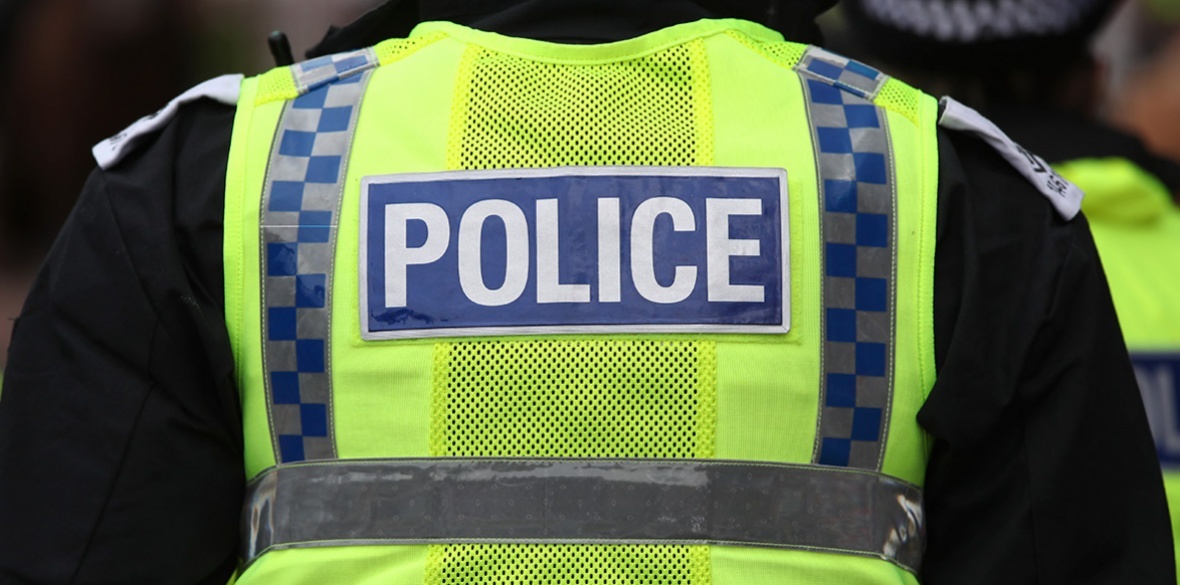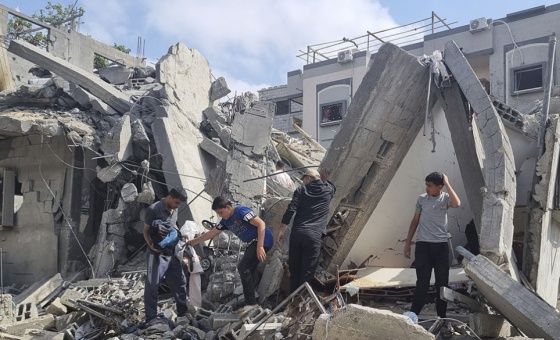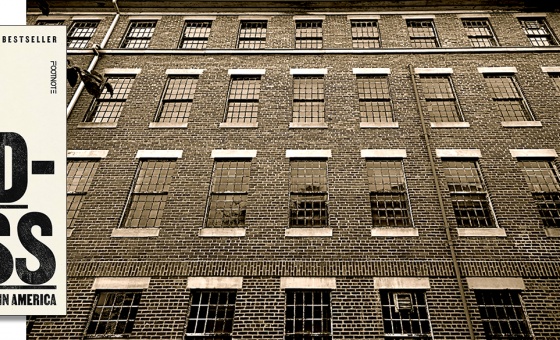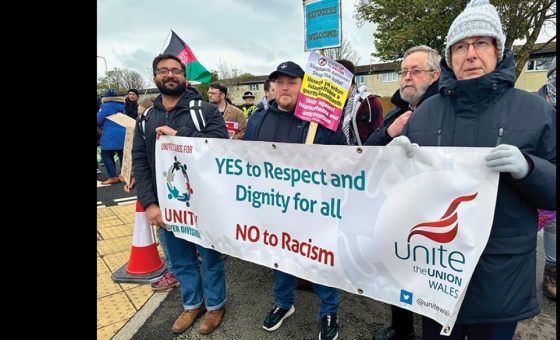This is the last article you can read this month
You can read more article this month
You can read more articles this month
Sorry your limit is up for this month
Reset on:
Please help support the Morning Star by subscribing here
THE mother of a black man who died in 2014 after being tasered and bitten by a police dog says she suffered “disgusting” treatment by authorities after her son’s death.
Germaine Phillips said she was left unable to trust the organisations responsible for delivering accountability – the police watchdog and coroners system – after her son Adrian McDonald died having come into contact with police.
Mr McDonald, a 34-year-old father of two, died in the back of a police van in Newcastle under-Lyme, Staffordshire, after telling officers: “I can’t breathe.”
His family is one of five who have given powerful testimonies to charity Inquest’s new report I Can’t Breathe, which accuses the state of failing to properly investigate the role of racism in the deaths of black people in custody.
It describes this system as “not fit for purpose” and says families of those killed often feel they have to defend themselves against “racist demonisation and reputational damage” during the investigation process.
Speaking at the report’s online launch on Thursday, Ms Phillips said she first learnt of her son’s death from the media and had to ring the police to confirm he had died.
When a police liaison officer finally showed up at her house, Ms Phillips said she was struck by their lack of compassion, describing the state’s treatment of a bereaved mother as “disgusting.”
“From day one the officers, I found, were very rude,” she said.
Ms Phillips, who is a mental health nurse, said Staffordshire Police put out false statements that Mr McDonald was a suspected burglar.
On the night of his death, police had been called to a flat after Mr McDonald became paranoid after taking cocaine and barricaded himself into a room at a party.
Officers discharged a taser, and the 34-year old was also bitten by a police dog, before being arrested and put into a police van.
Police body-cam footage shown at the inquest in 2018 showed Mr McDonald breathing heavily and saying: “I can’t breathe,” to which an officer responds: “You can breathe because you are talking. Deep breaths.”
An ambulance wasn’t called until nine minutes after McDonald lost consciousness. He was pronounced dead at the scene.
The jury heard how McDonald had five dog bites that went through his skin, fat and into his muscle.
The inquest concluded that he was killed by cocaine toxicity and the stress of the incident, a verdict which his family said was disappointing.
During the same year, two officers previously found guilty of misconduct for failing to check up on McDonald were cleared of all charges by a tribunal. One went on to be promoted.
Neither the Independent Police Complaints Commission (now the IOPC) investigation nor the inquest looked at whether racism was a factor.
Ms Phillips, who believes race did play a part in his death, told the launch: “Adrian’s last words were ‘I can’t breathe’ and nobody took any notice.
“So as a mother I will fight for Adrian’s case until I die. I’m still grieving, it’s been seven years, and none of the officers have been held accountable.”
Inquest’s report, published on Monday, claims that black people are seven times more likely to die following police restraint than white people – a much higher discrepancy than had previously been made public.
The families who gave testimonies to the report shared concerns that their loved ones had been “dehumanised and racially stereotyped in the eyes of the police as big, black and dangerous,” which is why they were met with excessive force.
They told Inquest they had encountered a “pattern of defensiveness by officers that focused on condemning the person who had died,” and that the IOPC and inquests “inadequately challenged” the police’s version of events.
At the launch, the report’s author Raekha Prasad, an investigative journalist and academic, said that there is a “culture of resistance to investigate racism properly” in Britain.
“On paper it looks as if the system should work,” she said. “But in practice what this report shows is that is not happening. There is no death of a black person following police contact that has led to an officer being effectively disciplined for racism or held to account.”
Human rights lawyers interviewed for the report said coroners often view calls to investigate whether race played a role in a death as “offensive.”
The IOPC has said it was “committed to working with Inquest and others to reduce deaths in custody.”

 Bethany Rielly
Bethany Rielly









